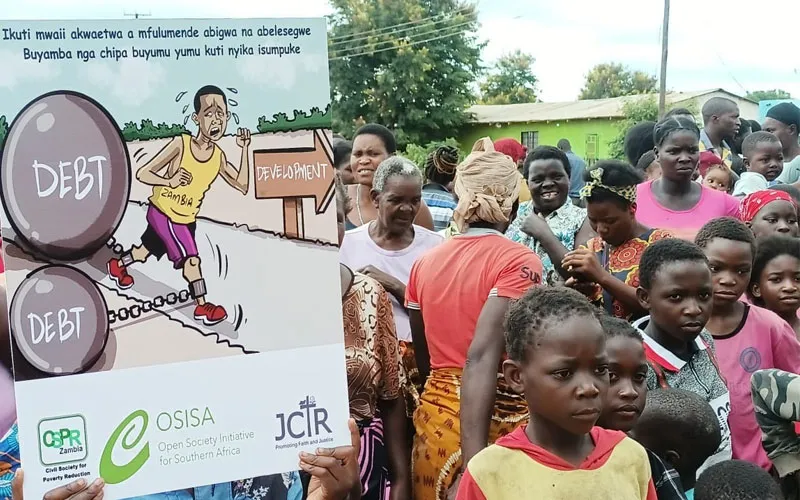Lusaka, 04 January, 2023 / 8:45 pm (ACI Africa).
Members of the Jesuit Center for Theological Reflection (JCTR) are calling for economic, agricultural, and legal reforms in Zambia in 2023.
In a statement titled “A Brief JCTR 2022 Analysis and 2023 Expectations”, officials of the Zambia-based institution say their expectations for the new year are attainable, and call upon the government of the Southern African nation to provide “a concrete roadmap” on reforms relating to the country’s constitution.
“In 2023, we look forward to the enactment of a new and progressive public order law. We are also looking forward to the enactment of progressive access to information law in Zambia. In 2023, we expect to be presented with a concrete roadmap on the constitutional reforms,” JCTR officials say in the statement published Sunday, January 1.
Officials of the Institute, which engages in research, advocacy, education, and consultancy on social issues also expect to see “reforms around an electoral process that take into consideration key recommendations from various stakeholders that monitored the 2021 General Elections to continue guaranteeing free, fair and credible electoral process in Zambia. We expect to see regulation of political parties and campaign funding.”
They further say that the Southern African nation needs legislation that compels political parties to state their source of funding to limit incidents of state capture or political paybacks in the post-election period.








